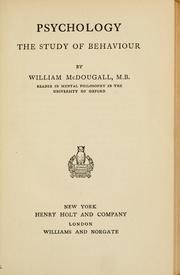
Photo from academic.microsoft.com
To date, the impact of bilingualism on statistical learning remains unclear. Here we test a novel visual statistical learning task that affords simultaneous learning of two types of regularities: co-occurrence… Click to show full abstract
To date, the impact of bilingualism on statistical learning remains unclear. Here we test a novel visual statistical learning task that affords simultaneous learning of two types of regularities: co-occurrence regularities between pairs of elements and the co-occurrence of visual features that could define categories. We compared performance by English monolinguals, Spanish-Catalan bilinguals and Spanish-English bilinguals, as previous studies have suggested that bilinguals might be more open than monolinguals to the presence of multiple regularities, though no previous studies have tested the learning of multiple patterns within a single task. We demonstrated that both monolingual and bilingual participants could learn the co-occurrence probabilities and the features that define categories. To the best of our knowledge, this study is the first to demonstrate that learners can extract co-occurrence regularities along two dimensions in the visual modality. However, we did not detect significant differences in performance across groups. We close by discussing the implications for the growing literature on bilingualism and statistical learning.
Journal Title: Frontiers in Psychology
Year Published: 2019
Link to full text (if available)
Share on Social Media: Sign Up to like & get
recommendations!